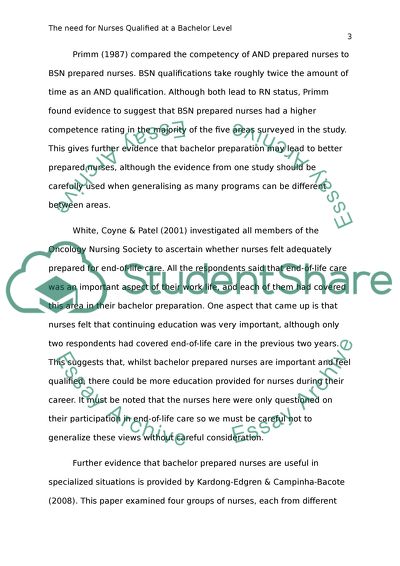Cite this document
(“Dental Hygiene and the safety of Fluoride Essay”, n.d.)
Retrieved de https://studentshare.org/nursing/1441817-dental-hygiene-and-the-safety-of-fluoride
Retrieved de https://studentshare.org/nursing/1441817-dental-hygiene-and-the-safety-of-fluoride
(Dental Hygiene and the Safety of Fluoride Essay)
https://studentshare.org/nursing/1441817-dental-hygiene-and-the-safety-of-fluoride.
https://studentshare.org/nursing/1441817-dental-hygiene-and-the-safety-of-fluoride.
“Dental Hygiene and the Safety of Fluoride Essay”, n.d. https://studentshare.org/nursing/1441817-dental-hygiene-and-the-safety-of-fluoride.


